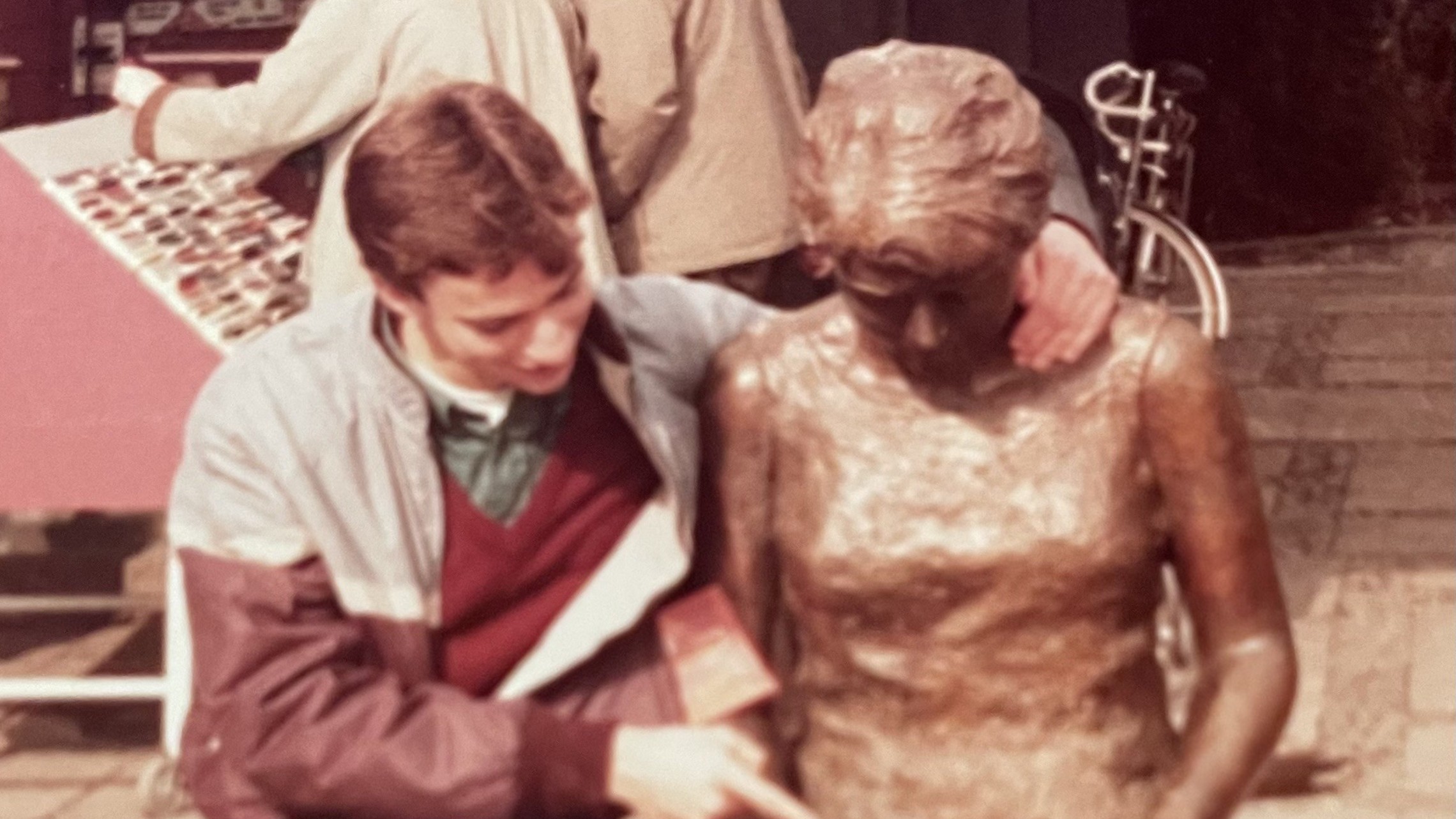A Tale of Two Prayers

By Father Fred Edlefsen
A dog barks up the wrong tree. Apply this to the spiritual life. For example, holiness entails virtue and prayer. But there is virtue, and there is “virtue.” There is prayer, and there is “prayer.” The same word can apply to experiences that look alike on the outside but are opposite inside. That’s the tale of the Pharisee and the tax collector in today's Gospel. Two characters are “virtuously” “praying” in the Temple. Take a closer look.
The Pharisee thanks God he has the virtues that the other guy, over there, doesn’t have. The Pharisee prays, so it seems. But he’s really talking to himself. Moreover, the Pharisee notices the other guy – the sinner – at the other side of the Temple. Otherwise, by all appearances, both were doing the same thing in the Temple.
Why did the Pharisee compare himself to the other guy? Why did he even notice? Perhaps, beneath the surface of his status and pious appearance, he was unhappy and fearful of himself. Inside, he was a chaos of frightful emotions: envy, inadequacy, self-loathing, unhappiness, discouragement, flight from unresolved issues. Perhaps he had sins and mishaps in his past that he long ago turned away from, yet never reckoned with. Instead, he piled on layer upon layer of pious pretenses, hiding from what he most feared: the nothingness and illusions of past experiences. The charades of Original Sin. Perhaps the tax collector’s sins, as the Pharisee judged them, reminded him of everything unreconciled in his own life. The Pharisee’s piety was smoke and mirrors.
The tax collector was not talking to himself. Like the Prodigal Son, he was confronting himself, “but when he came to himself...” (Luke 15:17). In doing so, he encountered God who absolved him and revealed him to himself. “Only in the mystery of the Word-made-Flesh does the mystery of man come clear” (Second Vatican Council, Gaudium et Spes, 22). Beneath the tax collector’s sins, there was an intimate reckoning with something profoundly beautiful and mysterious: the reality of God's personal and love for him. The tax collector experienced the tears of penitence that opened the door to the Divine Voice within. He discovered himself. Saint Augustine said, “Magnum mysterium mihi suam” – “I am a great mystery unto myself.” It is only in the Word-made-flesh that we discover our true selves.
Categories:



